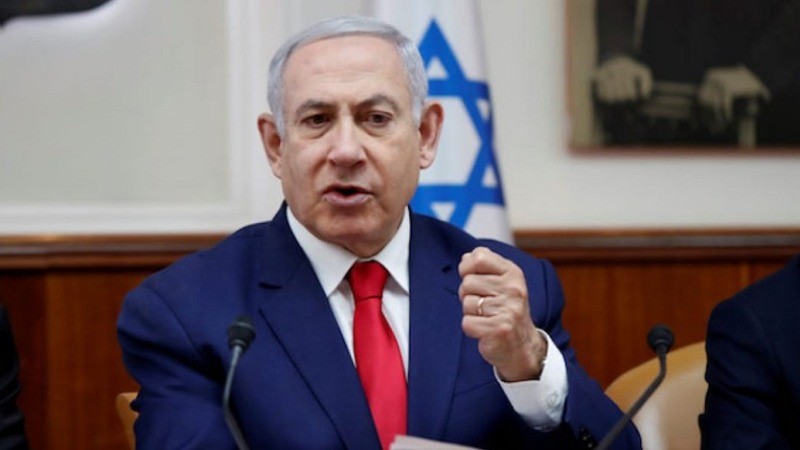
Israeli Prime Minister Benjamin Netanyahu is set to appear in court this week as a criminal defendant in a long-running corruption trial. The high-profile case, involving charges of fraud, breach of trust, and accepting bribes, marks the first time an Israeli prime minister will testify as a criminal defendant. The trial unfolds against a backdrop of escalating tensions in Gaza and regional instability.
Netanyahu, 75, faces accusations of accepting expensive gifts, including cigars and champagne, from a Hollywood producer in return for personal and business favors. He is also charged with promoting regulatory benefits for media executives in exchange for favorable coverage of himself and his family. Despite the serious allegations, Netanyahu denies any wrongdoing, dismissing the charges as a politically motivated "witch hunt."
"Eight years I've waited for this day," Netanyahu said on the eve of his testimony. "I will finally reveal the truth and dismantle these absurd accusations."
Outside the Tel Aviv courthouse, protesters and supporters gathered in equal measure, reflecting the polarizing effect of the trial on Israeli society. Among the protesters were families of hostages held in Gaza, holding banners that labeled Netanyahu a "Crime Minister."
A Divided Nation
The trial has deepened political divisions in Israel. While some call for Netanyahu's resignation, others see the legal proceedings as evidence of a biased justice system. The controversy has contributed to years of political instability, leading to five elections since 2019.
Under Israeli law, an indicted prime minister is not required to step down. Netanyahu has used his position to challenge the judiciary and media, refusing to resign despite mounting pressure. His testimony, expected to last several weeks with sessions scheduled for six hours a day, three days a week, raises questions about his ability to govern amid war and heightened regional threats.
Regional Tensions Escalate
Adding to the turmoil, Israel has intensified military operations in Syria following the fall of President Bashar al-Assad's government. The Israeli military reportedly conducted about 250 airstrikes over the past 48 hours, targeting key military installations across Syria. According to the Syrian Observatory for Human Rights, the strikes destroyed strategic sites, including airports, radar systems, and ammunition depots.
Foreign Minister Gideon Saar described these moves as necessary for Israel's security, emphasizing that troop deployments in the Golan Heights are "limited and temporary." Near Latakia, Israeli forces targeted air defense facilities, damaged naval assets, and struck additional military warehouses.
As Netanyahu’s trial progresses, the question remains whether he can effectively navigate the dual pressures of a high-stakes legal battle and growing regional instability.
MORE IN NEWS: